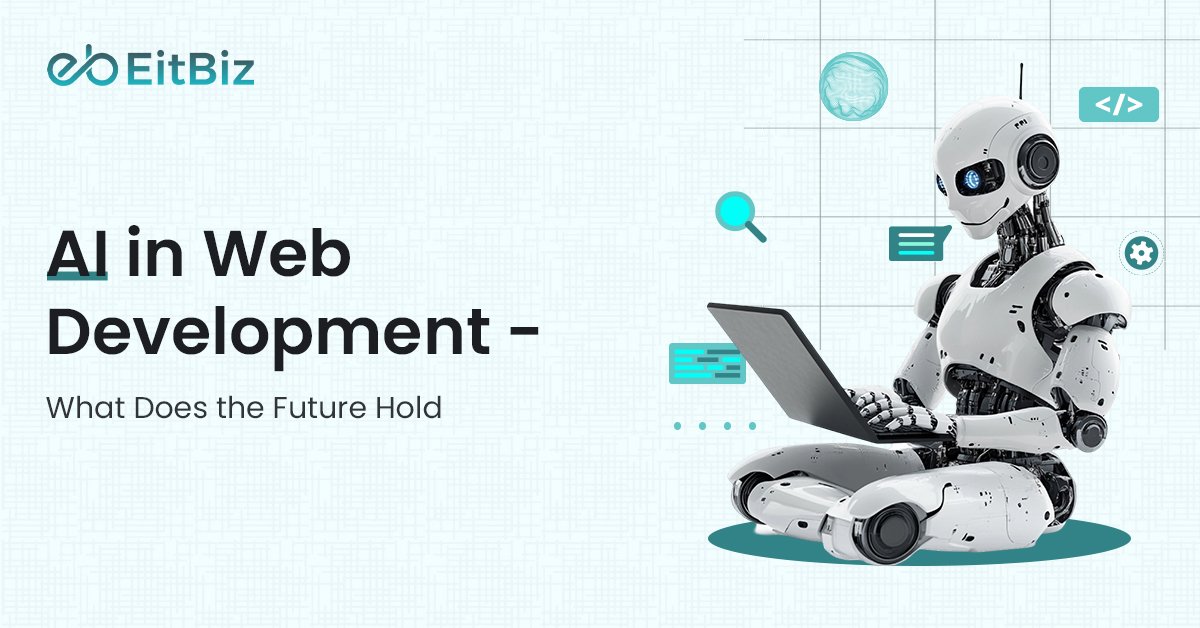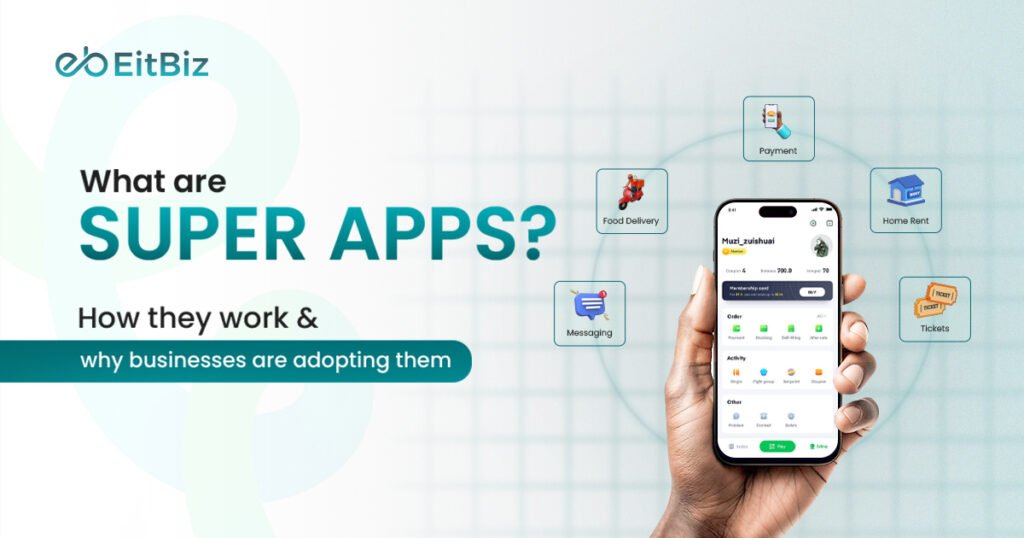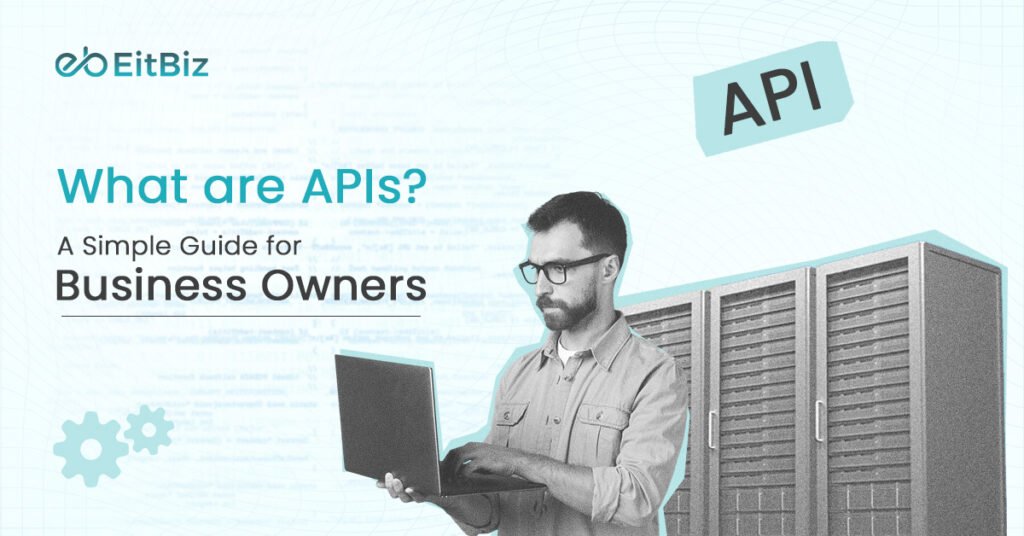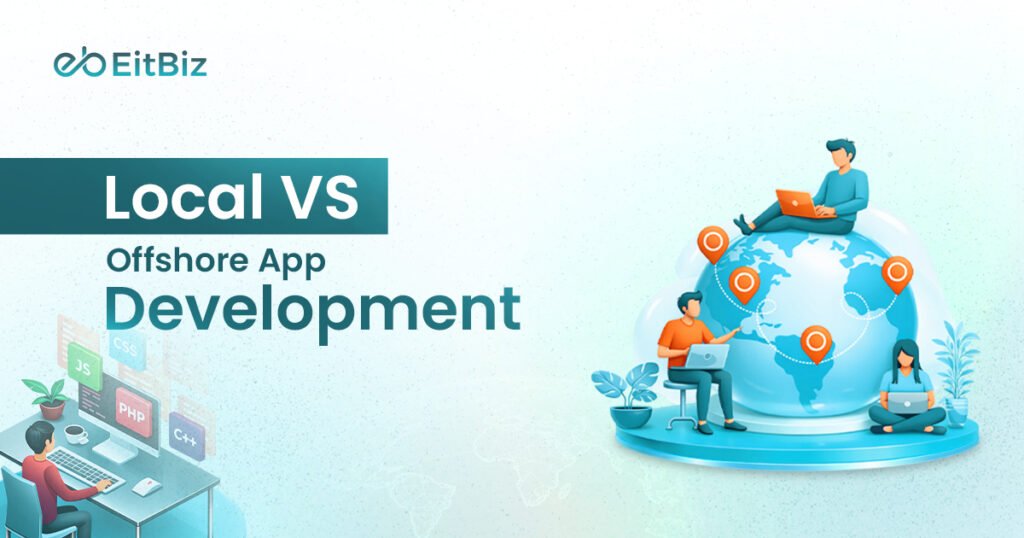Have you ever stared at a blank code editor and wondered, “What if there’s a smarter way?” Web development has always involved repetitive tasks: writing boilerplate, debugging, tweaking layouts, and handling cross-browser quirks.
These chores eat time. They sap creativity. They frustrate even seasoned developers.
Now, AI tools are getting better. They claim to write code, catch bugs, optimize performance- automatically.
The question looms: in a future where AI can do many of the tasks we do, what role remains for human developers? Can AI truly replace web developers? Or will it just change how we work?
In this post, we’ll explore:
- How AI is being integrated into web development today
- Whether web developers are at risk of being replaced
- What the future might look like
- How to stay relevant
- And why embracing change (rather than resisting it) matters
AI in Web Development: Where We Are Now?
AI is no longer a distant fantasy; it’s already in many tools we use. Here’s how:
- Code completion/generation
Tools like GitHub Copilot help you write faster, offering suggestions or generating simple functions. Research shows Copilot can help complete tasks faster.
- Automated testing and bug detection
AI can analyze code, run test cases, flag vulnerabilities or edge cases. That reduces manual QA effort.
- Design assistance/layout suggestions
AI plugins for design tools like Figma, or “smart” layout generators, help propose UI variants or adjust for responsiveness.
- Content personalization and UX
Using user data, AI can dynamically tailor sections, recommend features, adjust navigation, or re-arrange content for each visitor.
- Low / no-code + “vibe coding”
Emerging platforms let non-developers generate functional sites from prompts. One such tool, Div-idy, claims to build a website from a single natural language prompt. Similarly, Base44 (later acquired by Wix) enables app and website creation through conversational interfaces.
- Smarter agents and context embedding
Research such as WebMCP aims to embed structured metadata into web pages so that AI agents can interact more efficiently with web interfaces.
Thus, AI is influencing all layers, front end, back end, user experience, and even deployment.
Can AI Take Over Web Development?
When people ask this, they often imagine a future in which no human writes code: AI does it all. But reality is more nuanced.
Yes, AI can take over many mundane, repetitive parts.
- The kind of code you copy/paste over and over (e.g., simple CRUD operations, forms, routine APIs) is already being generated by AI tools.
- Some frontend tasks, such as layout scaffolding, CSS tweaks, responsiveness, and component insertion, can be automated.
- For simpler projects, generic websites, or formulaic pages, AI or no-code tools may be sufficient.
No, AI cannot fully replace human developers (at least not yet).
- Creativity, vision, domain knowledge, architecture, and complex logic still rely on humans.
- Understanding business constraints, user psychology, and stakeholder negotiation, AI lacks context and empathy.
- AI-generated code often needs human review, debugging, and refactoring.
- Ethical decisions, security-sensitive logic, performance trade-offs, and integration with legacy systems require careful human judgment.
So AI doesn’t so much “take over” web development as it reshapes which parts are done by humans vs machines.
Can Web Developers Be Replaced by AI?
This is the fear many developers have. The short answer: not entirely, but some roles are more vulnerable than others.
What’s at risk?
- Junior or entry-level roles doing boilerplate or template tasks
- Roles that don’t add much strategic or architectural value
- Simple front-end positions that mostly stitch together UI with minimal business logic
Indeed, some surveys suggest developers are worried: a notable share believes AI might replace parts of their work.
But it’s not just about replacement; it’s about transforming roles.
What changes are likely?
- Developers become reviewers of AI output
- More time spent on planning, architecture, and integration
- Emphasis on soft skills: communication, domain expertise, cross-team coordination
- Hybrid roles combining AI prompt engineering + web dev
- Fewer “low-value tasks,” more “high-value thinking”
One article puts it succinctly: “AI isn’t replacing web developers; it’s replacing mediocre web developers.”
So, if you’re a developer who adapts, you’re less likely to be replaced.
Impact of AI on Web Development Jobs
The job landscape will shift. Here’s how:
1. Job reduction in repetitive roles
Some roles might shrink. Routine UI assembly, basic template sites, and low-complexity projects may involve fewer human developers.
2. Job creation in new areas
AI brings new opportunities:
- AI prompt engineers
- AI tool integrators/maintainers
- AI system auditors and explainability experts
- Hybrid developers who know both AI and web
- Roles in personalization, data analytics, and content AI
Many see this as a shift rather than a net job loss.
3. Richer, more complex work
Less time writing boilerplate means more time solving puzzles. Developers will focus on:
- Complex business logic
- Microservices/architecture
- Security, performance
- Interfacing with other systems
- Integrating AI into products
AI magnifies what we can do with the same team.
4. Skill obsolescence risk
Skills tied to “how to hand-code layouts in older frameworks” may become less relevant. Developers must keep evolving. The 2025 Stack Overflow survey says 84% of devs now use AI tools.
Those who resist adapting risk obsolescence.
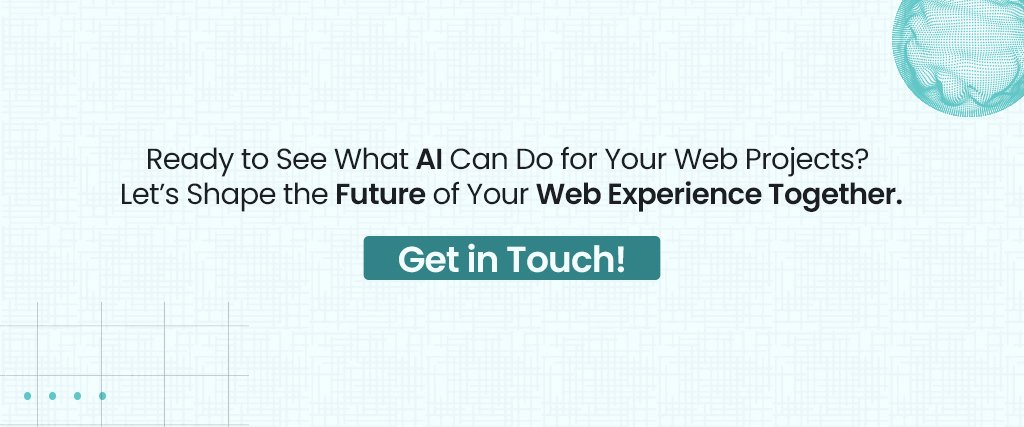
AI + Web Development: How They Work Together
Rather than opposition, the future is about collaboration: AI + Web Developers.
Here’s how to leverage AI effectively:
- Use AI to generate boilerplate, then refine
- Let AI suggest tests, refactorings, or optimizations
- Use AI to analyze user data, propose UI/UX improvements
- Wrap AI in your workflow: integrate it into CI/CD, code review, and deployment
- Train AI with domain-specific knowledge so it becomes more useful
Tools will evolve; your job will become managing and steering AI rather than writing every line of code.
One framework:
- You craft the architecture and vision
- You prompt or direct AI for modules
- You integrate, review, test, and polish
- You deploy and monitor
What Does the Future Hold?
Let’s imagine a few scenarios:
Scenario A: Augmented Developers
This is the likely near-term future. AI boosts productivity. Developers become more powerful. The pace of web innovation accelerates. Careers evolve rather than vanish.
Scenario B: Role Polarization
Highly creative, high-skill developers grow in value. Basic web development work becomes commoditized and automated. The middle tier shrinks. The gap between “ordinary dev” and “AI-savvy dev” widens.
Scenario C: AI-First Web
In some domains, AI generates nearly entire sites from prompts. Human developers intervene only for complex parts, niche features, or custom integrations. Many “standard” websites become AI-generated. Novel paradigms such as AI-native web, agentic UIs, and semantic webs emerge (e.g., WebMCP research).
Scenario D: Hybrid Ecosystems
A mix of manual, AI-assisted, and AI-native components. Some layers (UI, personalization, SEO) are handled by AI, while others (security, business logic, integration) remain human-driven.
How to Stay Relevant in an AI-Driven Web World?
If you’re a web developer or aspiring to be one, here’s your playbook:
1. Master fundamentals
Understand how browsers work, HTTP, data structures, algorithms. AI can’t replace base knowledge.
2. Learn prompt engineering / AI tool usage
Become fluent with AI as your pair programmer. The more you master it, the more leverage you gain.
3. Focus on complex problems
Performance, scalability, architecture, and security are harder for AI to nail.
4. Develop domain knowledge
Know your industry (e.g. e-commerce, health, finance). Deep domain context adds value.
5. Improve soft skills
Communication, collaboration, and empathy remain human strengths.
6. Stay adaptive/lifelong learning
Tools change fast. Be ready to experiment and pivot.
7. Own your niche
Be the AI/web hybrid expert in your area, be that “AI-powered Shopify dev,” or “smart UI integrator with AI.”
If you build that bridge between AI and the web, you become indispensable.
Conclusion
AI is not the end of web development; it’s a turning point. The future belongs to those who adapt, who learn to harness AI rather than oppose it. Yes, some roles will fade. But new ones will emerge. The web of tomorrow will be smarter, more personalized, more responsive and human developers will steer that evolution.
If you want to ride this wave rather than be swept away, it’s vital to upgrade your skills, tools, mindset, and network. That’s where EitBiz comes in.
At EitBiz, we help web professionals level up by integrating AI into your toolkit, building smarter applications, and preparing you for the web of tomorrow. Let’s transform web development together.
Ready to integrate AI into your mobile/web app? If so, connect with EitBiz, and let’s turn your ordinary app idea into a conversion-driven AI-backed app.
-

Sandy K is the dynamic and visionary Director at EitBiz. With a rich tapestry of experience spanning almost 15 years, Sandy has cultivated a unique, global perspective that he brings to the forefront of EitBiz’s operations.
View all posts
Visit Linkedin
